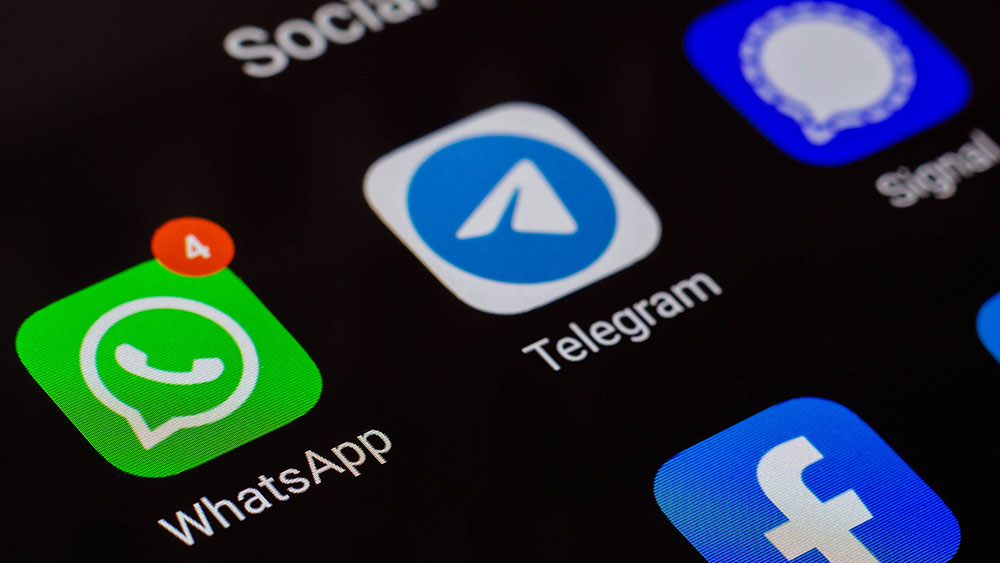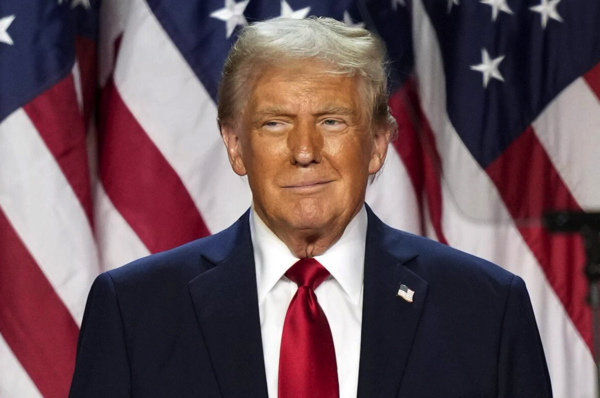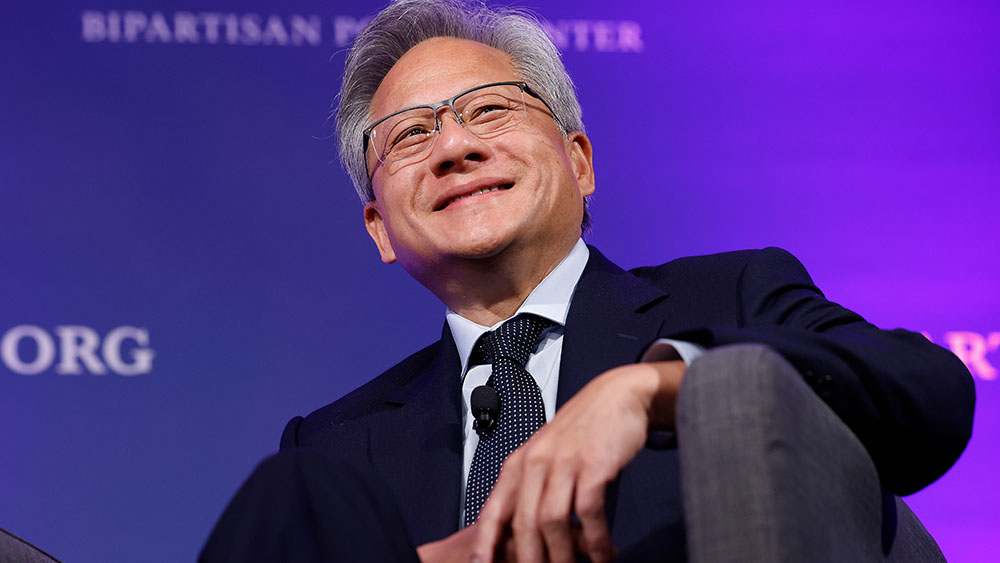Kremlin warns of messaging app risks amid controversy surrounding Telegram founder Durov
09/09/2025 / By Belle Carter

- The arrest of Pavel Durov, founder of Telegram, has ignited a global discussion on the balance between national security and digital privacy, with concerns over potential overreach due to a lack of substantial evidence.
- Dmitry Peskov, Kremlin spokesperson, cautioned French President Emmanuel Macron against making unfounded accusations against Durov, emphasizing the need for solid evidence to prevent accusations of infringing on freedom of communication.
- Peskov highlighted that all messaging applications are susceptible to surveillance by intelligence agencies, posing significant risks for sensitive communications and urging caution in their use.
- In response to perceived risks from foreign-owned apps, the Russian government is advocating for the development of a domestic messaging platform to mitigate potential threats from foreign intelligence services.
- The debate over messaging app transparency and surveillance underscores the persistent challenges in securing digital communications, with Peskov’s remarks serving as a call to action for stakeholders to innovate in cybersecurity and rethink their approach to digital security and privacy.
Kremlin spokesman Dmitry Peskov declared that all messaging applications are “absolutely transparent” to intelligence agencies, urging caution in the use of these platforms for sensitive communications.
Peskov’s remarks during the Eastern Economic Forum in Vladivostok, Russia on Friday, Sept. 5, come amidst heightened tensions over the arrest of Pavel Durov, the founder of the Telegram messaging app, and the broader implications for digital privacy and national security. Durov’s arrest has sparked a global debate on the balance between national security and digital privacy.
Durov, a vocal advocate of encrypted communications, was apprehended under allegations of facilitating illegal activities through his platform. However, the lack of substantial evidence has led to accusations by Russian authorities of overreach. (Related: Arrest of Telegram founder reveals the real totalitarians are Western countries, not Russia.)
Peskov has cautioned French President Emmanuel Macron against making unfounded accusations against the Telegram founder. “He must present solid evidence to avoid accusations of infringing on freedom of communication,” the spokesman stated. This warning underscores the Kremlin’s stance that any allegations against Durov must be backed by substantial proof to prevent undermining the principles of free speech and privacy.
Transparency and the risks of electronic communications
Peskov’s broader message was clear: All messaging apps are vulnerable to surveillance by intelligence agencies. “People who use them should understand that they are transparent… to the security services,” he emphasized. This transparency, according to Peskov, poses significant risks – particularly when sensitive government or commercial data is shared through these platforms.
The Kremlin’s concerns are not unfounded. Russian security services have long accused Telegram and WhatsApp of employing double standards by refusing to share data with Russian authorities while complying with similar requests from other countries. Anton Nemkin, a member of the State Duma’s committee on information policy and technology, went as far as calling WhatsApp’s presence in Russia a “legalized breach of national security” in July.
In response to these concerns, the Russian government has been advocating for the development of a domestic messaging platform. This move is seen as “an attempt to mitigate the risks associated with foreign-owned apps, which are perceived as potential tools for foreign intelligence services,” Brighteon.AI‘s Enoch explains.
The Russian law enforcement community has expressed particular concern over the use of WhatsApp and Telegram by Ukrainian intelligence and other malicious actors. These platforms, they argue, are often used to recruit agents or identify targets within Russia, leveraging databases containing personal data obtained through these apps.
The current debate over messaging app transparency and surveillance is not new. The history of digital privacy is marked by a series of high-profile incidents that have shaped public perception and policy. In the early 2010s, the revelations by Edward Snowden about the extent of NSA surveillance brought the issue of digital privacy to the forefront of global discourse.
More recently, the 2020 controversy surrounding the U.S. government’s attempt to force Apple to unlock an iPhone used by a terrorist highlighted the ongoing tension between privacy and security. The U.S. government’s warning to senior officials in December 2024 to switch to encrypted communications after a security breach further underscores the persistent challenges in securing digital communications.
As the debate over messaging app transparency continues, Peskov’s warning serves as a reminder of the inherent risks associated with electronic communications. While the development of domestic messaging platforms may offer a temporary solution, the broader challenge lies in balancing the need for security with the right to privacy.
Watch Tucker Carlson’s June interview with Durov below.
This video is from the Sanivan channel on Brighteon.com.
More related stories:
Ukrainian lawmaker dubs Telegram messaging app a “tool of the enemy.”
Sources include:
Submit a correction >>
Tagged Under:
big government, conspiracy, Dmitry Peskov, domestic messaging platform, encrypted messaging, messaging apps, national security, Pavel Durov, privacy watch, Russia, security services, surveillance, Telegram, transparency, watched
This article may contain statements that reflect the opinion of the author
RECENT NEWS & ARTICLES
COPYRIGHT © 2017 FUTURETECH.NEWS
All content posted on this site is protected under Free Speech. FutureTech.news is not responsible for content written by contributing authors. The information on this site is provided for educational and entertainment purposes only. It is not intended as a substitute for professional advice of any kind. FutureTech.news assumes no responsibility for the use or misuse of this material. All trademarks, registered trademarks and service marks mentioned on this site are the property of their respective owners.



















